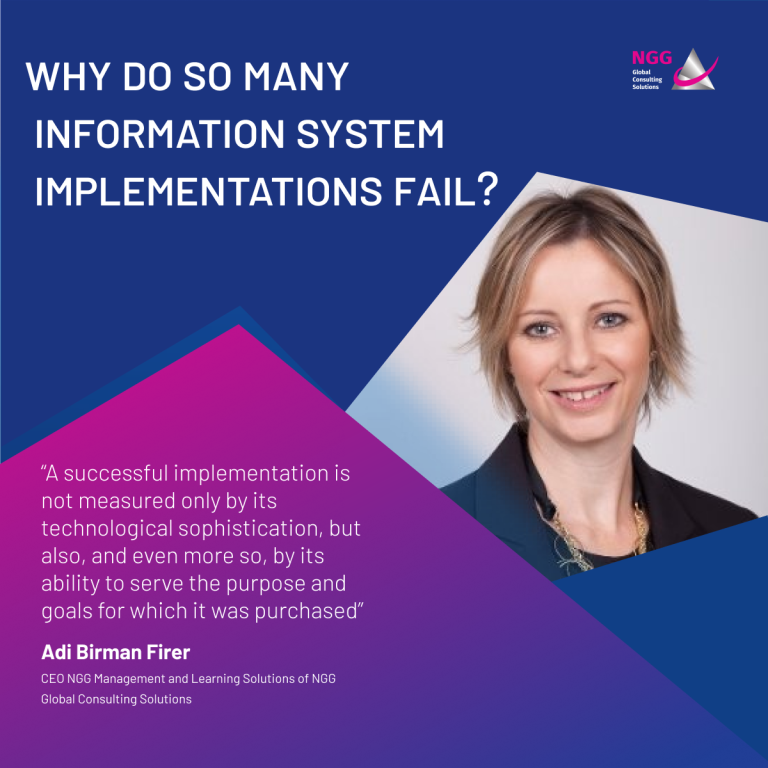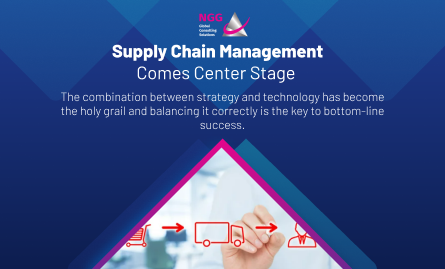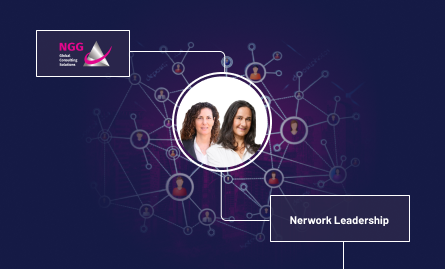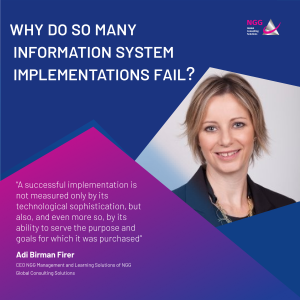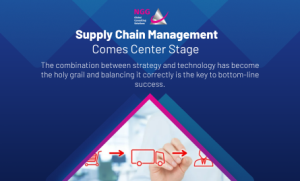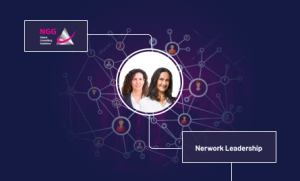What is the difference between change as we know it
to Post-Corona change; what are its new corporate trends, and what can executives do to tackle this challenging period?
-Part Two-
By Nili Goldfein and Galit Diamant
In our previous article we reviewed three out of five trends that will affect our organizational readiness during Post-Corona times: humans – technology, physical-virtual and organizations – countries. Let’s continue by exploring two more trends to consider when getting back to work.
Talent - Organization
A year before the Corona pandemic outburst, economic publications addressed the dramatically unbalanced shift between Talent and organizations. Numerous employer branding agencies and consultants emerged, aiming to create attractive relationships between organizations and their employees and candidates. Companies competed and literally battled each other to lure great talent into their workplace. Attractive reward packages, indulging organizational cultures, clear and tempting career paths, and tedious analysis of millennial motivations were common tactics to seize opportunities and brilliant minds.
As of now, these days are over.
The Coronavirus has brutally exposed the world of work in its full financial ugliness. Entire markets have collapsed. Employees have experienced grave salary cuts or have been sent home. Former executives who became successful business owners and great service providers have lost their practices, and are now searching their way back to a secure job with a steady income to support their families.
If in the not too distant past organizations were willing to tolerate their talent’s whims and demands as long as they stay put, today this won’t be happening. As the power has currently returned to Corporate, employer branding has literally lost its own branding, along with its budgets.
One assumption remains valid: Healthy organizations are those whose relationship with their employees is based on trust. Talent will continue to rise to their best potential, given they experience self-fulfillment and a sense of value in their work. Microsoft’s stock leaped 300% when CEO Satya Nadella carved that statement in his book Hit Refresh, with good reason. Corona or no Corona, this principle will forever remain in place.
Today more than ever, organizations must demonstrate maturity and responsibility, and rethink their value proposition for their talent, for humanity and for the world. They must carefully consider the right people to recruit and the right people to keep on board, especially in these challenging times. Regardless of market supply, value propositions must be structured as needed. Proper organizational mechanisms – such as affordable reward packages alongside financial ‘umbrellas’ for a rainy day – should be carefully crafted, while demonstrating utmost respect to employees and applicants at all times.
Organizations - Eco-Systems
In business school we learned about the Eco-System, the Law of Integrated Environments, the Chaos Theory, the Butterfly Effect, Customer-Supplier relationships and how to best do business. Yet the common factor between these theories and practices has little to do with facts and figures and more to do with human conduct during business challenges, which is best described by the well -known saying: “what goes around, comes around”. In his bestselling book Give and Take, Professor Adam Grant suggests a positive angle of the same notion, with the ancient Buddhist assumption that whoever gives and knows how to give correctly will succeed in life and in business. Both angles are true.
Pandemics cannot distinguish between colors, religion, social-economic background, politics or nationality. Today, everything goes around and comes around; We are all affected by Coronavirus and how we survive the challenges ahead depend on how much we will be willing to give back.
In light of this reality and from a business perspective, transformation is needed to put our collective mutual interdependence in order. Whether to produce a product or provide a service, organizations need numerous pairs of holding hands, inside and outside the workplace, both local and global.
Today more than ever, collaboration is a policy that world leaders should implement in their decision-making processes. Vendors, customers, service providers, foundations, co-workers and their families should be seen as one economic entity. Unfortunately, macroeconomic systems in developed countries do not understand the immediate connection between those who give and those who take, especially where power limits of taxpayers, non-productive sectors and political corruption are concerned.
Luckily, in many countries worldwide, business organizations can still be relied on to behave as “responsible adults”, as they realize what lies ahead and identify the 360-degree value of their stakeholders. They understand the complex systems and solutions needed for all parts of their ecosystems: small and large suppliers, communities and countries which they operate in, mid- customers, end customers, captive customers, friends and family.
Add Your Heading Text Here
"Life is a balance of holding on and letting go”- Jalal Al- Din Rumi
Bottom line: balance is the name of the game.
In Post-Corona days, we should all:
• hold on and further develop our understanding of complex systems
• hold on to human-technology coexistence
• let go of educated linear change and embrace the ever-changing environment.
• let go of past assumptions when planning the future
These are the Post-Corona ‘Aces’ of organizational leadership and management, that will steer us safely into the unknown future. Meanwhile, let’s grab a pack of cards. Even though we can’t control the cards we’re dealt, we can always choose to play wisely and enjoy the game.
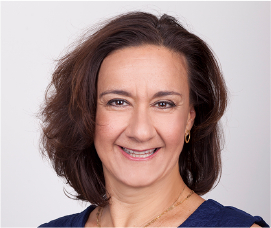
Nili Goldfein– EVP Marketing & Business Development at NGG Global Consulting Solutions, specializing in Leadership and Management in a World of Disruption.

Galit Diamant is an independent bi-lingual writing expert, editor and organizational storyteller.
